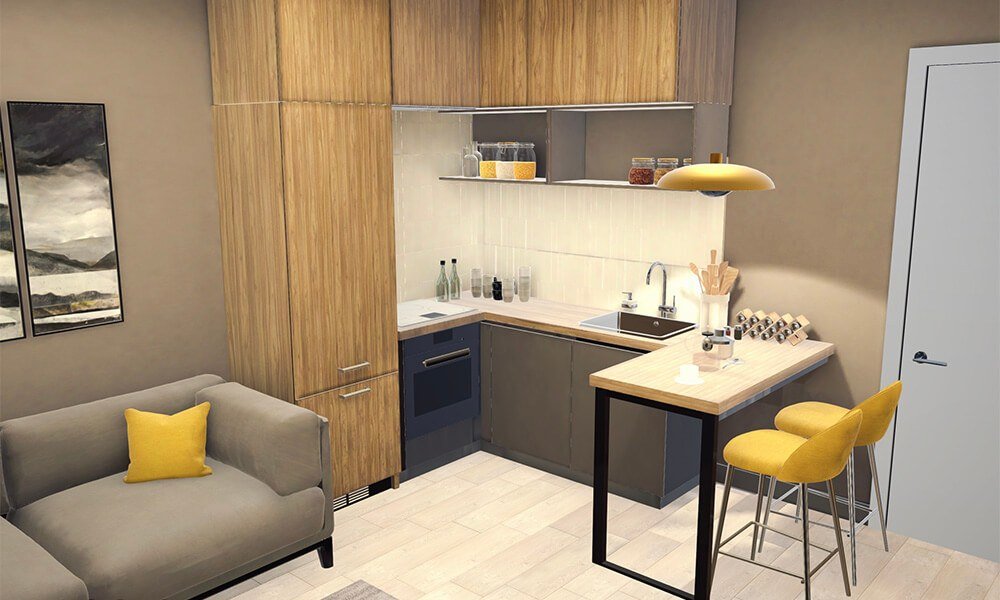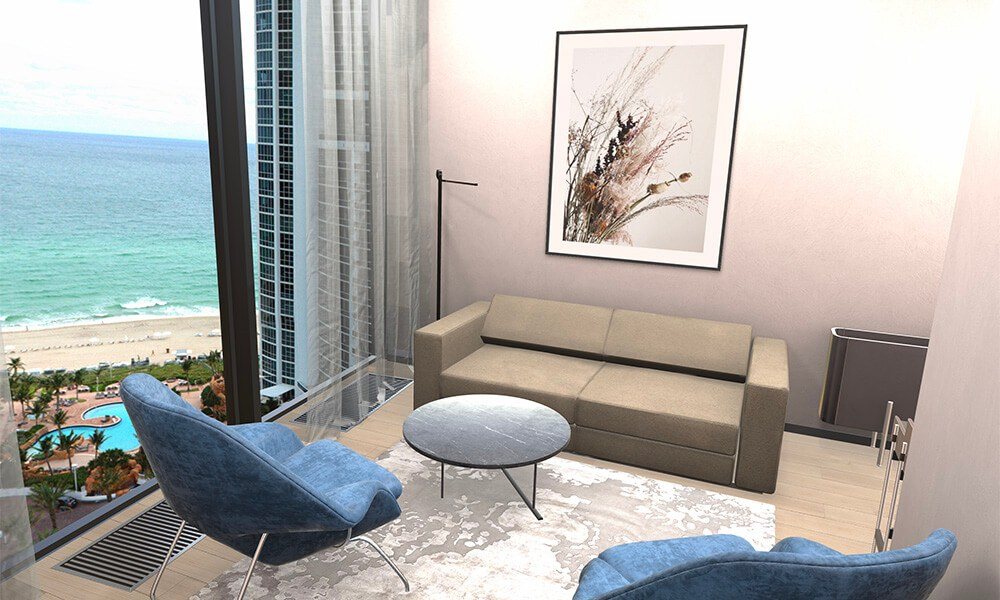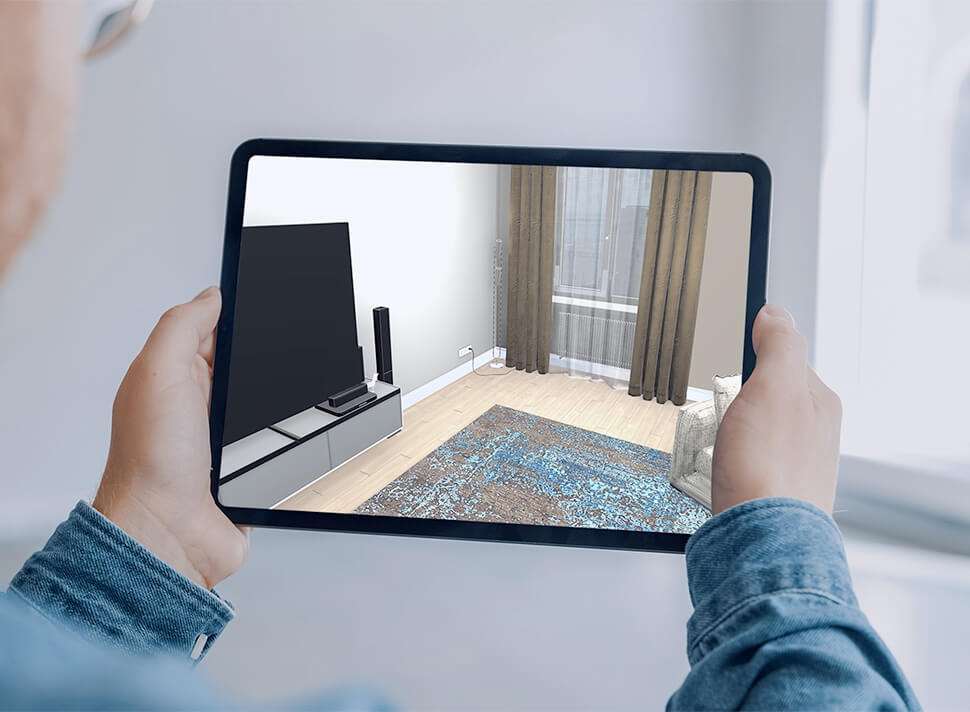Augmented Reality Changes the Real Estate Industry
Augmented reality is an immersive technology that facilitates interaction with a digital environment. Many people consider AR and VR to be the same, but there are staunch differences between the two.
VR separates the user from physical reality by immersing them in a new world, whereas AR enhances the current reality. Both are gaining traction in various industries, and resources estimate a market worth of $80 billion by 2025.
How AR Works for the Real Estate?
Gone are days when buyers went through the tedious process of researching every available home in the vicinity. Using AR, potential buyers can view any property in 3D without employing the effort of going to the place.
Realtors can find enhanced and improved marketing opportunities through AR while providing a unique experience to the buyer. Around 90% of real estate agencies rely on these technologies to ensure better services for the client.
These technologies have reformed the way people purchase real estate these days. Since visualization is the key in Real Estate, these technologies are nurturing the sales process. Here’s how AR is reshaping Real Estate:
1. Proper Visualization
Don’t you think it is easier to close a deal on a property that can be virtually staged? Potential clients are more satisfied if they can see the furnished interior of the property. Using AR technology, realtors can convince the clients of the final look of their future property.
It allows the interior designers to experiment with different designs and present various models to the clients. All this raises the chances of closing the deal without applying a lot of effort and benefits the real estate company.

2. Better Market Position
Like any other industry, real estate has also diluted with an influx of realtors and real estate agencies. Businesses need to pass through more hurdles to prove themselves worthy of a competitive place in the market.
To survive the competition and maintain a lead, managers have to rely on smart tactics and embrace innovative strategies. Revolutionizing the sector, AR attracts buyers and helps businesses sustain in the market.
3. Saving Time and Resources
The advanced technology lets buyers virtually experience the property, and this allows them to skip it viewing physically. The need for open house staging is minimized as the buyers can shortlist the number of the properties they like.
The agents are also able to put their time to better use. Instead of showing different buyers around various properties, they can follow up on the potential leads and make some successful sales.
4. Attracting Different Buyers
One of the best things about technology is that it has broken barriers – be it physical or psychological. People are willing to look for properties in different areas and ready to go beyond their comfort zone.
Augmented Reality has proved to be a powerful tool for buyers who are in a different state or country and cannot visit the property. Virtual tours create an immersive experience for the buyers and provide them with the necessary details.

Conclusion
The era we are living in is thriving on technology, which has a direct impact on our society and economy. AR is one such technology that brings increased business opportunities in the real estate sector and facilitates potential buyers as well as realtors.
AR has enabled the replacement of traditional staging methods in real estate and improved the way deals are carried out. The current market situation has made it difficult to gain buyers' attention, and only AR can help the realtors in this.
Contact us at YouSee Studio for captivating 3D renderings and immersive virtual experiences.
Ray Lisbon is a content writer and the author of this article.



